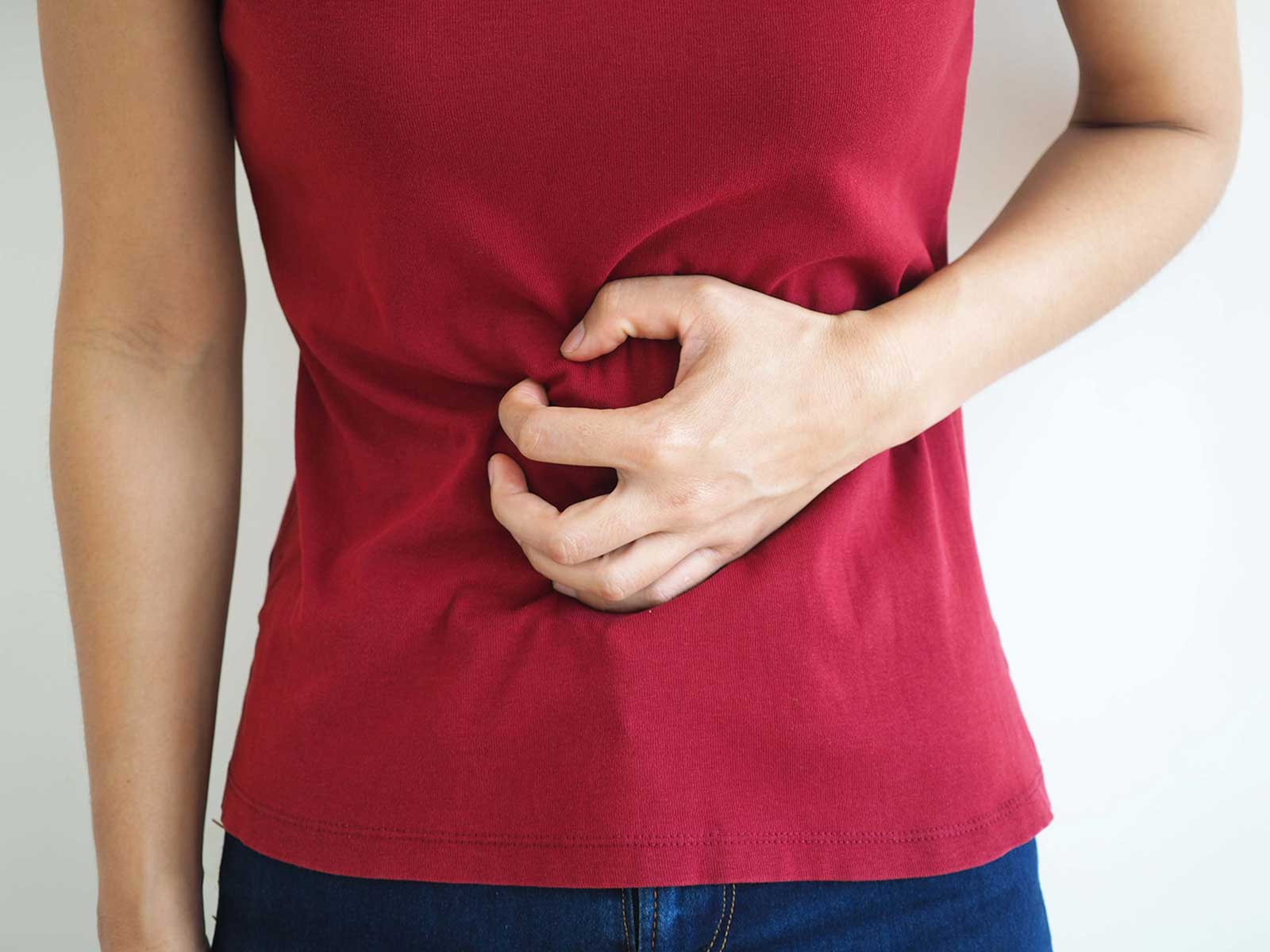
Fecal impaction happens when stool becomes hard and stuck in the rectum, blocking normal bowel movements and causing pain or pressure. A gastroenterologist can diagnose it through a physical exam or imaging. It is coded under ICD-10 K56.41.
People with fecal impaction may notice:
Fecal impaction can result from various factors:
Don't let fecal impaction disrupt your life. At GastroDoxs in Katy, we combine advanced diagnostics with gentle, effective treatments to provide fast relief and long-term results. Our patient-centered approach means personalized care plans, compassionate support, and expert guidance on diet and lifestyle to prevent recurrence. Book your appointment today and take the first step toward restored comfort and digestive health.
We've successfully treated more than 1.5K patients, helping individuals improve their digestive health and overall well-being through expert, personalized care.
With over 20 years of experience, GastroDoxs has been a trusted provider of gastroenterology care, focusing on delivering the best outcomes for patients
With appropriate treatment, most cases resolve within 1 to 3 days, though individual recovery times can vary depending on severity and overall health.
Colon cleansing uses enemas or oral solutions-such as mineral oil, saline, or polyethylene glycol-to soften hardened stool and facilitate its safe removal.
Yes. Preventive measures include eating a high-fiber diet, drinking plenty of water, and maintaining regular physical activity to support healthy bowel movements.
Manual removal under sedation is generally safe but can cause minor irritation or bleeding. Our trained team performs the procedure gently to minimize any discomfort.
Yes. Pain or discomfort from hemorrhoids may lead you to avoid bowel movements, increasing the risk of stool buildup and eventual impaction.
The correct ICD-10 code for fecal impaction is K56.41, ensuring accurate documentation and billing in medical records.
Surgery is rarely required. Most patients respond well to non-surgical treatments like enemas, suppositories, manual disimpaction, and dietary adjustments.
Yes. Children with chronic or severe constipation can develop fecal impaction and should be evaluated by a pediatric gastroenterologist if symptoms persist.
Seek medical attention if you experience severe abdominal pain, have gone more than a week without a bowel movement, or if symptoms worsen despite home care.
Yes. Laxatives, stool softeners, and prokinetic agents can be prescribed to soften stool, stimulate bowel movements, and help prevent future impactions.